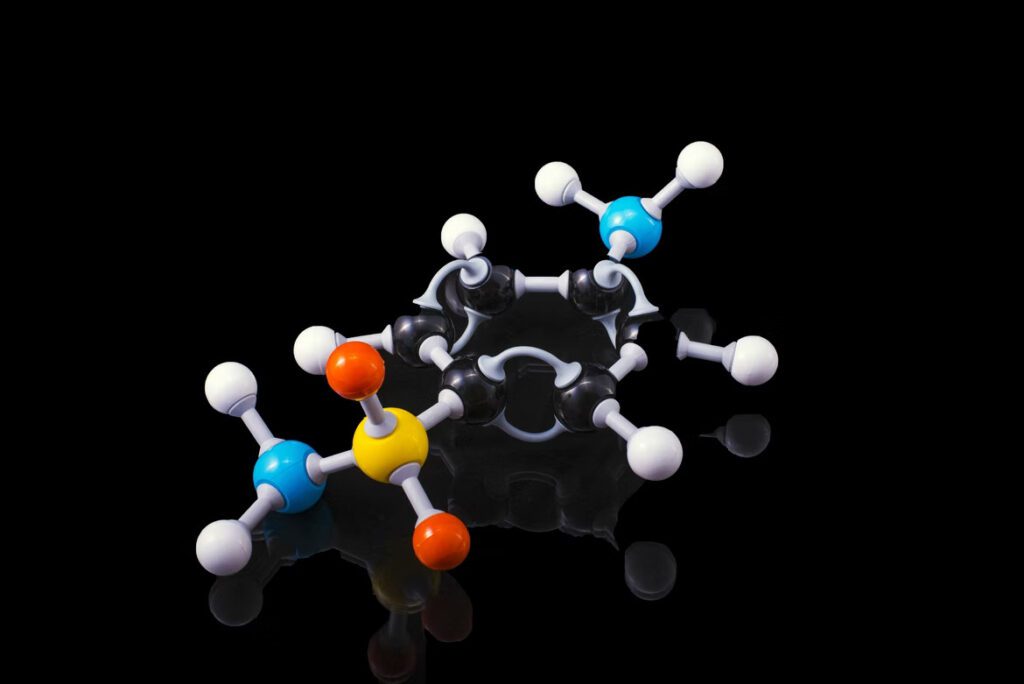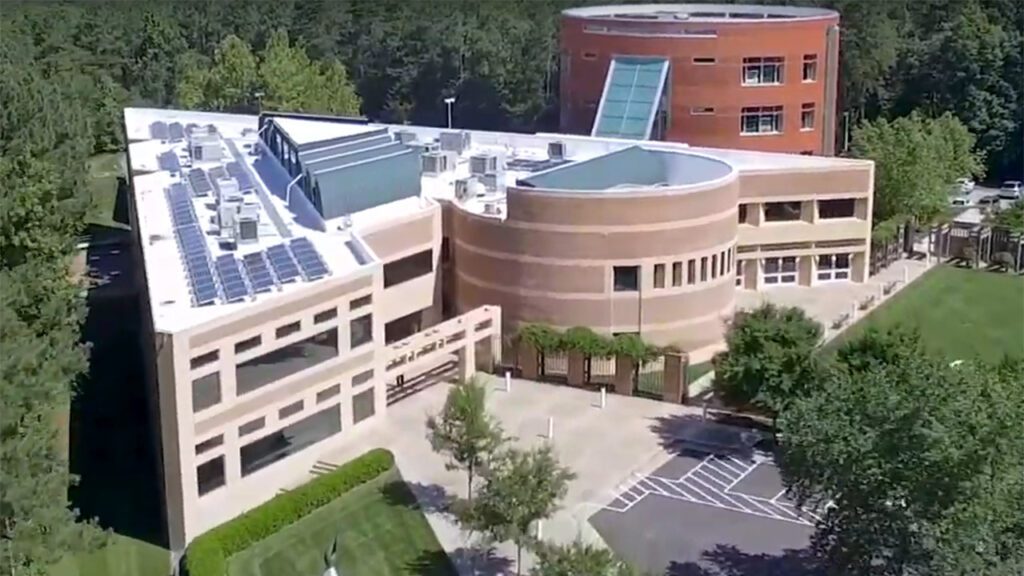Ginkgo Bioworks, the top horizontal platform for cell programming and a member of the Biotechnology Innovation Organization (BIO), published its inaugural Sustainability Report on July 14.
The report outlines Ginkgo Bioworkers’ sustainability goals and methods, offers case studies from several sectors of its ecosystem, and presents data using industry-leading environmental, social, and governance (“ESG”) frameworks, a press release states.
“Ginkgo is building a horizontal platform for programming cells across organisms in any market and in the process, we’re trying to address some of our most difficult environmental and societal challenges,” CEO and co-founder of Ginkgo Bioworks Jason Kelly said.
“Engineers often say that technology is neutral; however, we believe that we cannot remain neutral when it comes to the use of biotechnology. We care how our platform is used and about the impact, it has on the world,” he added.
According to the Ginkgo Bioworks press release, the report is organized into three themes:
- The Impact of Cell Programming – which outlines the environmental stewardship priorities Ginkgo strives to implement across all of its operations and programs;
- Technology Isn’t Neutral – which outlines Ginkgo’s opinions about the company’s role in society and across communities; and
- Ownership is the First Step in Caring – which describes Ginkgo’s governance arrangements and dedication to employee ownership.
The report was influenced by significant ESG guidelines and standards as well as a materiality evaluation conducted by a third party and informed by stakeholder interaction.
Ginkgo’s ESG approach places a strong emphasis on using its cell programming platform to have a beneficial environmental impact. Companies have turned more and more to synthetic biology in recent years in an effort to cut emissions and rely on limited natural resources, according to the press release.
Going forward, Ginkgo intends to periodically evaluate its own sustainability effect while collaborating with outside parties to promote the creation and accessibility of evaluation tools beneficial to the larger bioeconomy ecosystem.




